Ensuring proper nutrition is essential for maintaining the health and well-being of chickens in any flock. Like humans, chickens require a balanced diet to thrive, with each component playing a crucial role in their growth, egg production, and overall vitality. However, if ingested, certain foods can be harmful or even toxic to chickens. Understanding what shouldn’t chickens eat is paramount for responsible poultry care.
In this article, we’ll explore the significance of providing chickens with the right nutrition, highlighting its key role in their overall health. We’ll delve into common foods that can pose risks to chickens, such as avocados, chocolate, onions, and garlic. By being aware of these potential hazards and taking proactive measures to avoid them, poultry enthusiasts can safeguard the well-being of their feathered friends and promote a thriving flock.
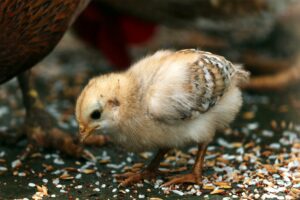

Avocado
While beloved by humans for their creamy texture and nutritional benefits, avocados pose a significant threat to chickens’ health. The danger lies in a substance called persin, present in various parts of the avocado plant, including the fruit, seed, and leaves. Persin can wreak havoc on a chicken’s system, leading to symptoms such as respiratory distress, weakness, and even death if ingested in sufficient quantities.
Recognizing the symptoms of avocado poisoning in chickens is crucial for prompt intervention. Affected birds may exhibit labored breathing, lethargy, decreased egg production, and gastrointestinal distress. In severe cases, paralysis and sudden death can occur, underscoring the seriousness of avocado toxicity in chickens.
It’s essential for poultry enthusiasts to be vigilant and avoid feeding any part of the avocado plant to their flock. This includes the fruit itself and any scraps or trimmings that may find their way into the coop. By eliminating all traces of avocados from their diet, chicken owners can protect their feathered companions from the dangers posed by this otherwise popular fruit.
Chocolate
While chocolate is a beloved treat for many humans, it holds hidden dangers for chickens due to its theobromine content. Theobromine, a compound found in cocoa beans, can be highly toxic to chickens when ingested. Even small amounts of chocolate can lead to theobromine poisoning, causing a range of adverse effects on a chicken’s health.
Signs of chocolate poisoning in chickens may include vomiting, diarrhea, tremors, seizures, and increased heart rate. These symptoms can escalate rapidly and may ultimately prove fatal if not addressed promptly. Given the serious nature of theobromine toxicity, poultry owners must be vigilant and keep all chocolate-containing foods well out of reach of their flock.
Prevention is key when it comes to protecting chickens from the dangers of chocolate. By ensuring that chocolate-based treats, such as cookies, brownies, and candy, are securely stored away from the coop and inaccessible to curious beaks, poultry enthusiasts can safeguard the well-being of their feathered friends. In doing so, they can enjoy peace of mind knowing that their flock is safe from this sweet but deadly snack.

Onions and Garlic
Onions and garlic, prized for their culinary versatility, harbor compounds that can pose serious risks to chicken health. Both vegetables contain substances such as thiosulphates and disulfides, which can cause oxidative damage to red blood cells in chickens. The result is a condition known as hemolytic anemia, characterized by the destruction of red blood cells and subsequent weakness, lethargy, and pale comb and wattles in affected birds.
Consumption of onions and garlic, whether raw, cooked, or in powdered form, can lead to detrimental effects on a chicken’s well-being. Poultry owners must be aware of the potential dangers and take proactive measures to prevent exposure of their flock to these harmful ingredients.
Poultry enthusiasts should avoid incorporating these ingredients into their birds’ feeds to protect their chickens from the adverse effects of onions and garlic. This includes refraining from feeding scraps or leftovers containing onions or garlic and carefully checking ingredient labels on commercial chicken feed for any hidden traces. By opting for alternative flavorings and supplements, such as herbs, spices, and nutritional additives, chicken owners can ensure that their flock receives the nourishment it needs without risking their health.
Raw Beans
Raw beans, while a staple in many human diets harbor toxins that can pose significant dangers to chickens. One such group of toxins is lectins, which are naturally occurring proteins found in beans and other legumes. These lectins can interfere with nutrient absorption and cause gastrointestinal distress in chickens when consumed in their raw state.
Feeding raw beans to chickens can result in a range of adverse effects, including digestive upset, diarrhea, and even death in severe cases. Additionally, raw beans contain other anti-nutritional factors, such as protease inhibitors and phytic acid, which can further impair digestion and nutrient utilization in chickens.
To mitigate the risks associated with raw beans, it’s essential for poultry enthusiasts to thoroughly cook beans before feeding them to their flock. Cooking beans not only neutralizes lectins and other toxins but also makes the nutrients more bioavailable for chickens to digest and absorb. By taking this simple precaution, chicken owners can safeguard the health and well-being of their feathered companions and prevent unnecessary health complications.
Moldy or Spoiled Food
Moldy or spoiled food poses significant risks to the health of chickens and should be strictly avoided in their diet. Consuming moldy or spoiled food can expose chickens to harmful toxins produced by molds, such as aflatoxins, which can have serious health consequences. These toxins can damage the liver, weaken the immune system, and even lead to death in severe cases.
Chickens that consume moldy or spoiled food may exhibit symptoms of food poisoning, including lethargy, decreased appetite, diarrhea, vomiting, and respiratory distress. Prompt recognition of these signs is crucial for timely intervention to prevent further complications.
To minimize the risk of mold and spoilage in chicken feed, poultry enthusiasts should implement proper storage practices. This includes storing feed in a cool, dry place, away from moisture and humidity, and using airtight containers to prevent contamination. Regularly inspecting feed for any signs of mold or spoilage and promptly discarding any affected batches is also essential to safeguard the health of the flock.
By prioritizing feed quality and implementing proactive measures to prevent mold and spoilage, chicken owners can ensure that their feathered friends receive a safe and nutritious diet free from potential contaminants and health hazards.
High-Salt Snacks
While a pinch of salt may enhance flavors for humans, excessive salt can be detrimental to the health of chickens. Chickens have a relatively low tolerance for salt, and consuming high-salt snacks can disrupt their electrolyte balance and lead to dehydration.
Excess salt intake can result in a range of negative effects on chicken health, including increased thirst, reduced water consumption, kidney damage, and electrolyte imbalances. Chickens may also experience gastrointestinal upset, such as diarrhea or vomiting, as their bodies attempt to expel the excess salt.
Feeding high-salt snacks to chickens poses significant risks and should be avoided to maintain their health and well-being. Instead, poultry enthusiasts should prioritize offering their flock a balanced diet consisting of fresh fruits, vegetables, grains, and commercial chicken feed. By providing nutritious alternatives and limiting salt intake, chicken owners can ensure that their feathered companions thrive without the risks associated with high-salt snacks.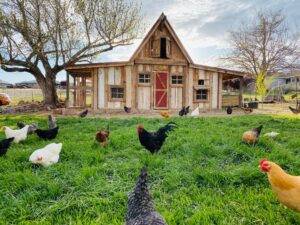

Conclusion on What shouldn’t chickens eat?
In conclusion, it’s crucial for poultry enthusiasts to be mindful of what they feed their chickens to ensure their health and well-being. Certain foods, such as avocados, chocolate, onions, garlic, raw beans, moldy or spoiled food, and high-salt snacks, pose significant risks and should be avoided in their diet.
Providing a balanced and nutritious diet is paramount for the overall health and vitality of chickens. A diet consisting of high-quality commercial feed, supplemented with fresh fruits, vegetables, and grains, ensures that chickens receive essential nutrients to thrive and produce eggs efficiently.
As responsible stewards of their flocks, poultry enthusiasts must prioritize their chickens’ health and well-being above all else. By being aware of potential dietary dangers and taking proactive measures to provide a safe and nutritious diet, chicken owners can promote the longevity and happiness of their feathered companions. Let’s commit to providing our chickens with the best possible care and nutrition, ensuring they lead healthy and fulfilling lives.
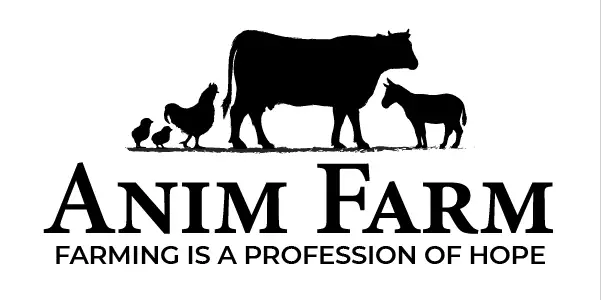
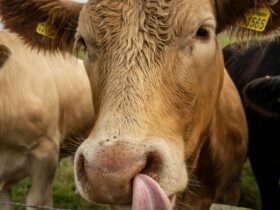
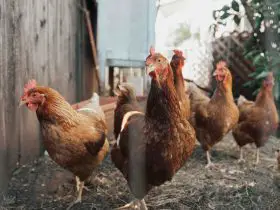
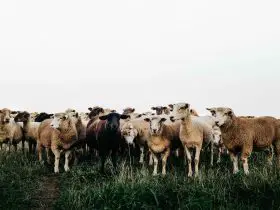
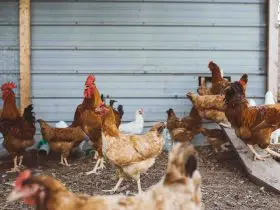
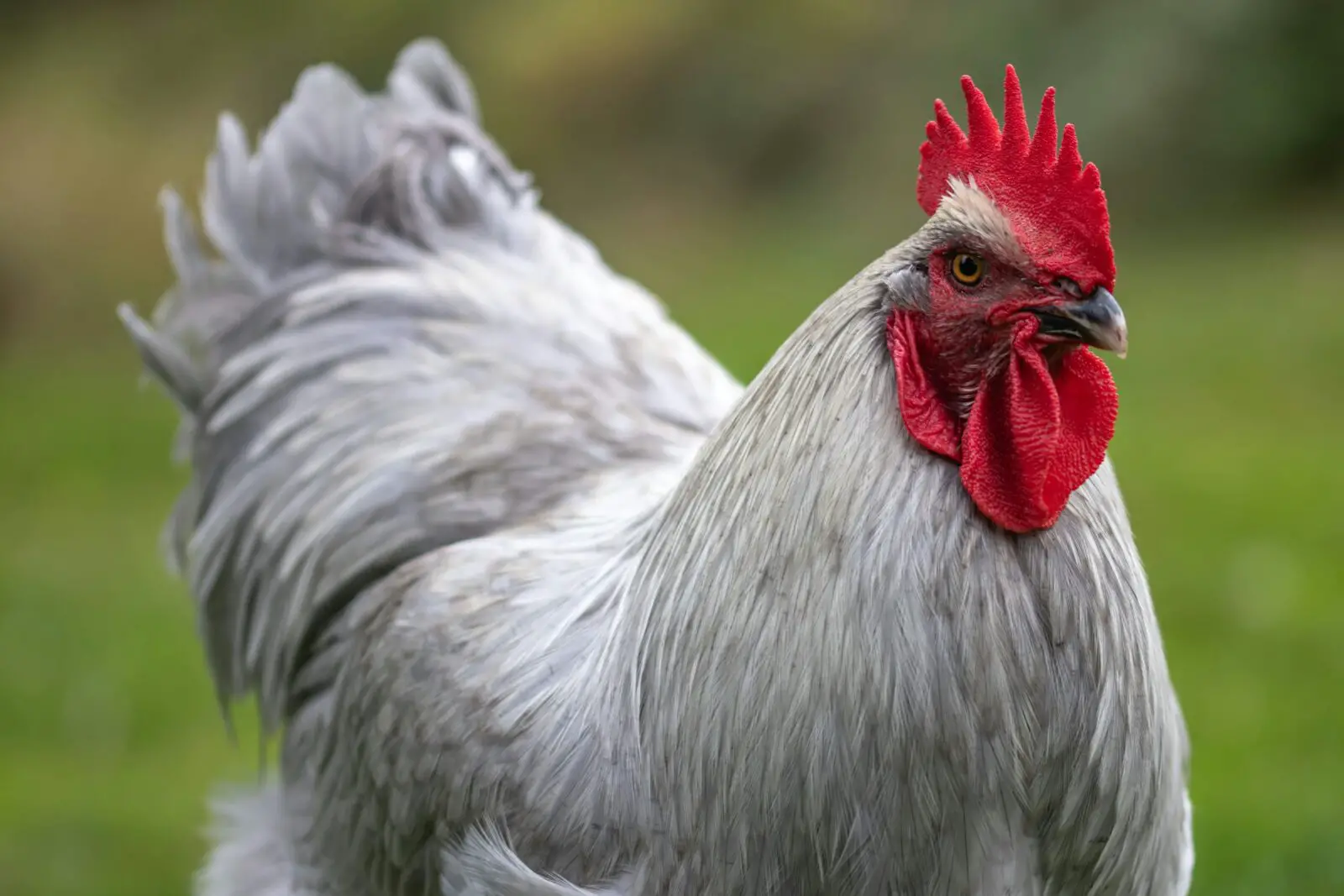
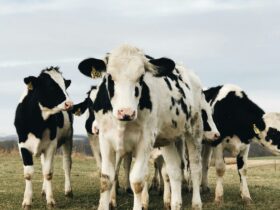

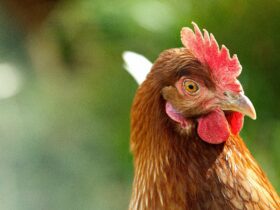
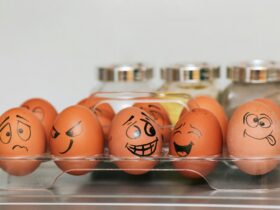
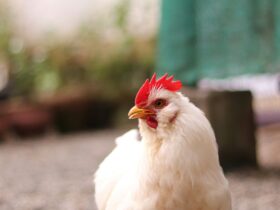

Hello!! Welcome to Anim Farm